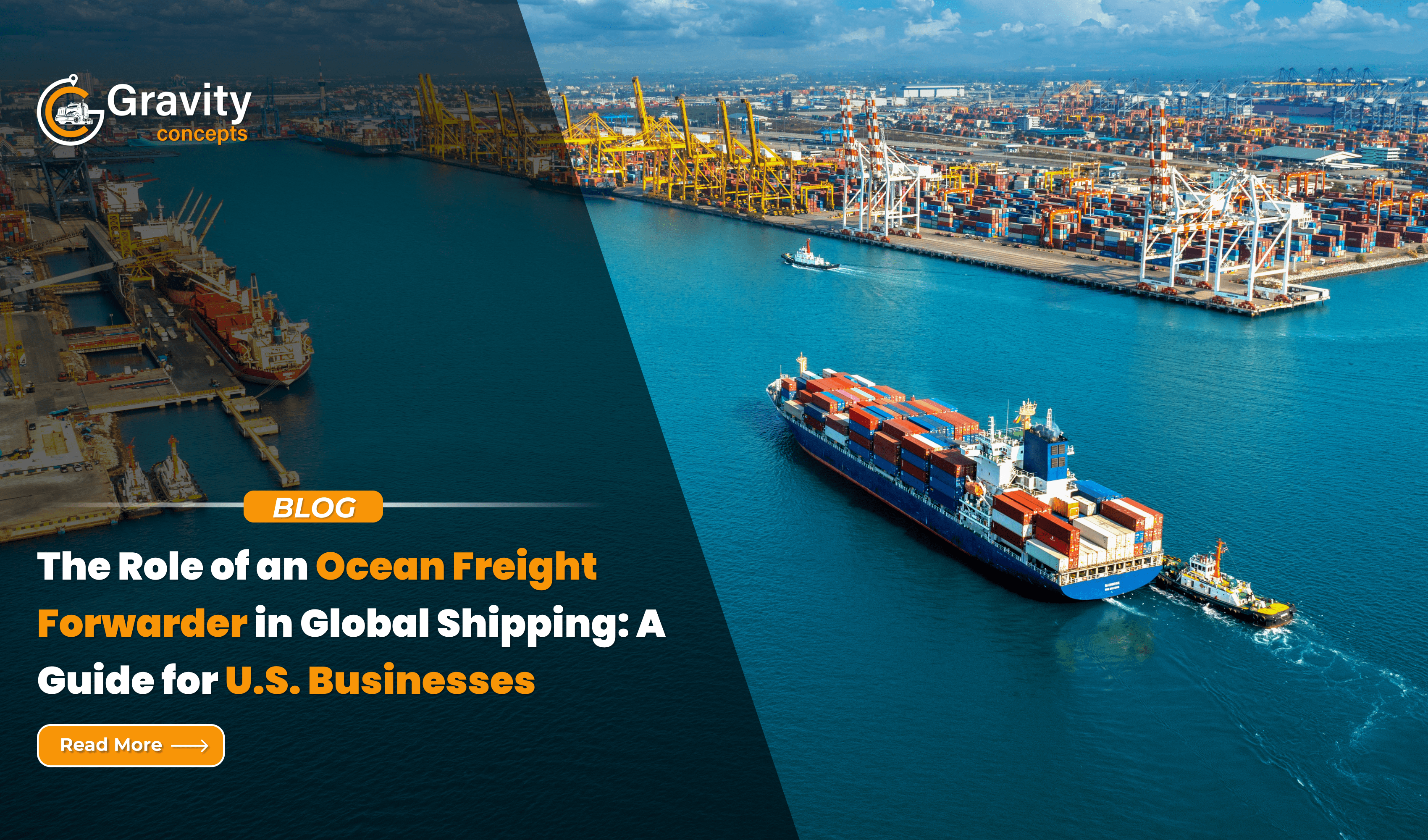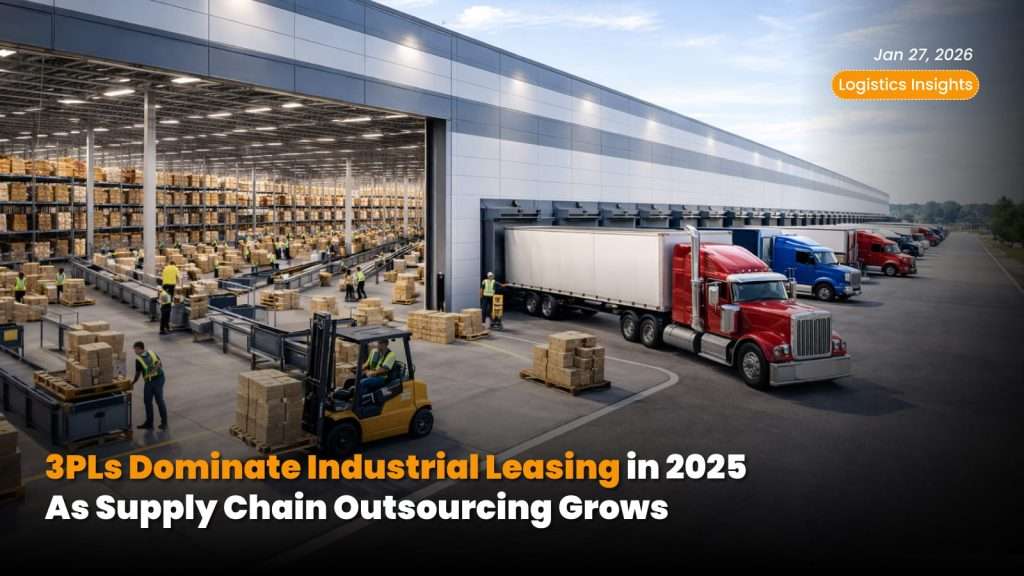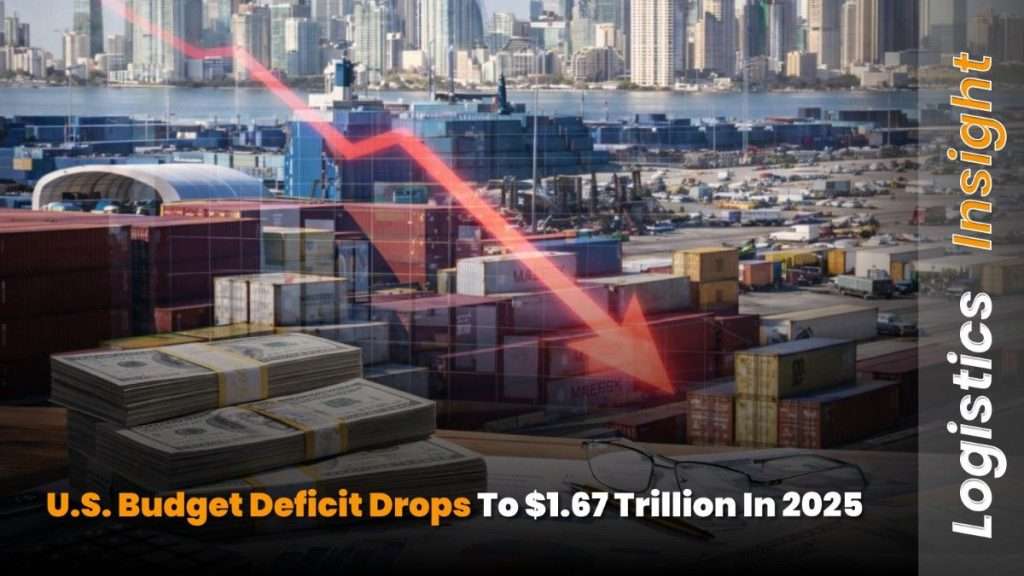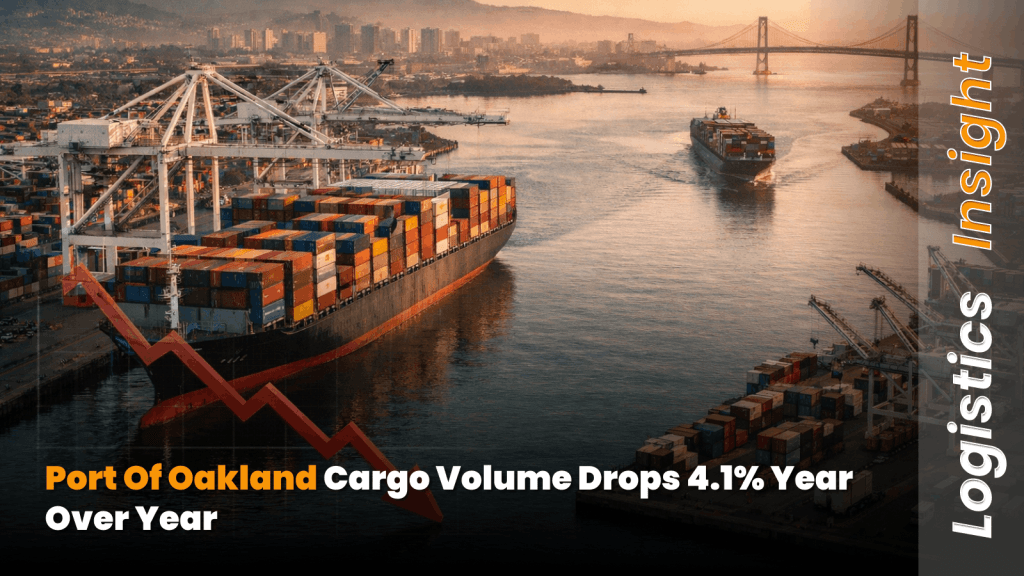
The Role of an Ocean Freight Forwarder in Global Shipping: A Guide for U.S. Businesses
In today’s global economy, businesses in the U.S. rely heavily on international trade to grow and thrive. Whether you’re importing goods from overseas or exporting products to global markets, one thing is clear: shipping goods across the ocean is no small feat. That’s where ocean freight forwarders come in. They’re the behind-the-scenes experts who make global shipping seamless, efficient, and cost-effective. In this guide, we’ll break down what ocean freight forwarders do, why they’re essential for U.S. businesses, and how they can help you navigate the complexities of international trade.
What is an Ocean Freight Forwarder?
An ocean freight forwarder is like a travel agent for your cargo. They don’t own the ships or physically move your goods, but they handle all the logistics to ensure your shipment gets from point A to point B smoothly. From booking cargo space on ships to managing paperwork and coordinating transportation, freight forwarders are the experts who make global shipping hassle-free.
For U.S. businesses, this means you can focus on running your company while the forwarder takes care of the nitty-gritty details of international shipping. Whether you’re shipping a full container or just a few pallets, a freight forwarder ensures your goods arrive on time and in compliance with all regulations.
What Does an Ocean Freight Forwarder Do?
Freight forwarders wear many hats to keep your shipments moving. Here are some of their key responsibilities:
- Booking Cargo Space: They secure space on ocean vessels, ensuring your goods get on the right ship at the right time.
- Handling Documentation: From Bills of Lading to customs forms, they manage all the paperwork required for international shipping.
- Coordinating Transportation: They arrange trucking, rail, or warehousing to get your goods to and from the port.
- Cargo Insurance: They offer insurance options to protect your shipment from damage or loss during transit.
- Regulatory Compliance: They ensure your shipment meets all U.S. Customs and international trade regulations, so you avoid fines or delays.
Why U.S. Businesses Need a Freight Forwarder
If you’re importing or exporting goods, working with a freight forwarder isn’t just helpful—it’s essential. Here’s why:
- Simplifies International Trade: Shipping goods overseas involves a lot of moving parts. A freight forwarder handles the complexities, so you don’t have to.
- Saves Time and Money: Forwarders negotiate better shipping rates, optimize routes, and prevent costly delays.
- Expertise in Customs: They know the ins and outs of tariffs, duties, and customs clearance, helping you avoid regulatory headaches.
- Supply Chain Stability: From port congestion to carrier delays, forwarders have solutions to keep your shipments on track.
How Ocean Freight Forwarding Works
The process of ocean freight forwarding is straightforward but involves several critical steps:
- Booking & Carrier Selection: The forwarder books space on a vessel and selects the best carrier for your shipment.
- Documentation & Customs Clearance: They prepare all necessary export/import documents and ensure compliance with regulations.
- Cargo Consolidation: If you’re shipping less than a full container, they combine your goods with others to save costs.
- Ocean Transit & Tracking: They monitor your shipment’s progress and keep you updated.
- Final Delivery: Once the goods arrive, they handle unloading, customs clearance, and last-mile delivery to your door.
How to Choose the Right Freight Forwarder
Not all freight forwarders are created equal. Here’s what to look for when choosing a partner:
- Experience: Look for a forwarder with a proven track record in your industry.
- Global Network: A strong presence in key trade regions ensures smooth cargo movement.
- Technology: Digital tools for tracking, documentation, and real-time updates make the process more efficient.
- Compliance: Make sure they’re up-to-date on U.S. Customs and international trade laws.
Trends in Ocean Freight Forwarding
The logistics industry is constantly evolving, and freight forwarders are at the forefront of innovation. Here are some trends shaping the future of ocean freight:
- Digitalization: Automation and AI are streamlining tracking, documentation, and route optimization.
- Sustainability: Forwarders are adopting eco-friendly practices, like using alternative fuels and reducing carbon emissions.
- Blockchain: This technology is improving transparency and security in global trade transactions.
Common Challenges in Ocean Freight (and How Forwarders Help)
Ocean shipping isn’t without its challenges, but a good freight forwarder can help you overcome them:
- Port Congestion: Forwarders coordinate alternative solutions to minimize delays.
- Regulatory Changes: They stay updated on evolving trade policies to keep your shipments compliant.
- Freight Rate Fluctuations: They negotiate better rates and provide cost-control strategies.
Why Partner with Gravity Concepts?
At Gravity Concepts, we understand the unique challenges U.S. businesses face in global trade. As a trusted logistics provider, we offer tailored ocean freight solutions to meet your needs. Whether you’re shipping full containers (FCL) or smaller loads (LCL), our expertise, global network, and commitment to efficiency ensure your goods reach their destination on time and within budget.
Ready to Simplify Your Global Shipping?
Navigating international trade doesn’t have to be overwhelming. With the right ocean freight forwarder by your side, you can focus on growing your business while leaving the logistics to the experts. Contact Gravity Concepts today to learn how we can streamline your supply chain and help your business thrive in the global marketplace.



